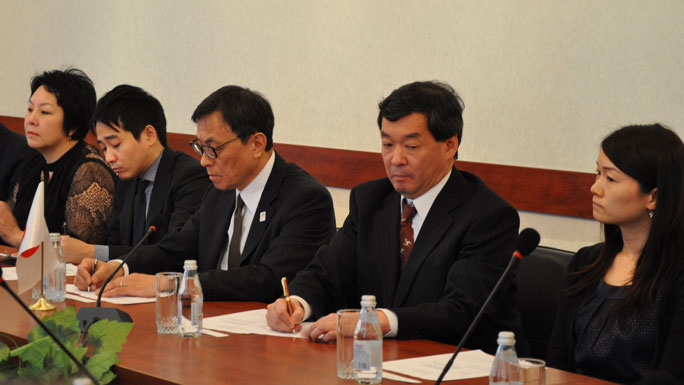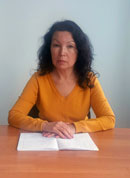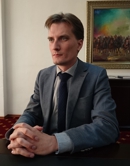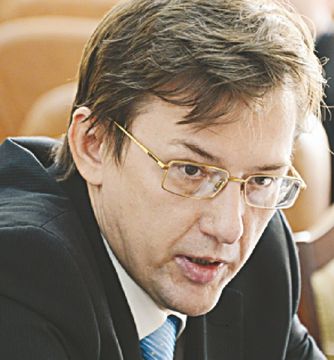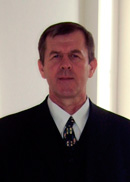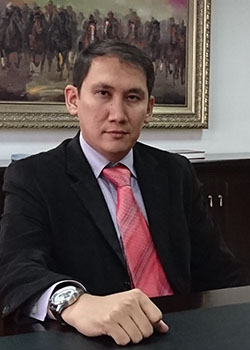On 22 February 2017, inauguration of the «Kazakhstan-Japan» Institute took place in the International science complex «Astana». The Kazakh side was represented by: Minister for religious affairs and civil society of the Republic of Kazakhstan N.B.Yermekbayev; Deputy Minister of foreign affairs A.A.Kamaldinov; Deputy Mayor of Astana city Y.A.Amanshayev; Vice-chairman of the Board of Directors of ISCA, scientific adviser of «Kazakhstan-Japan» Institute, candidate of economic sciences N.A.Sarsenbai.
